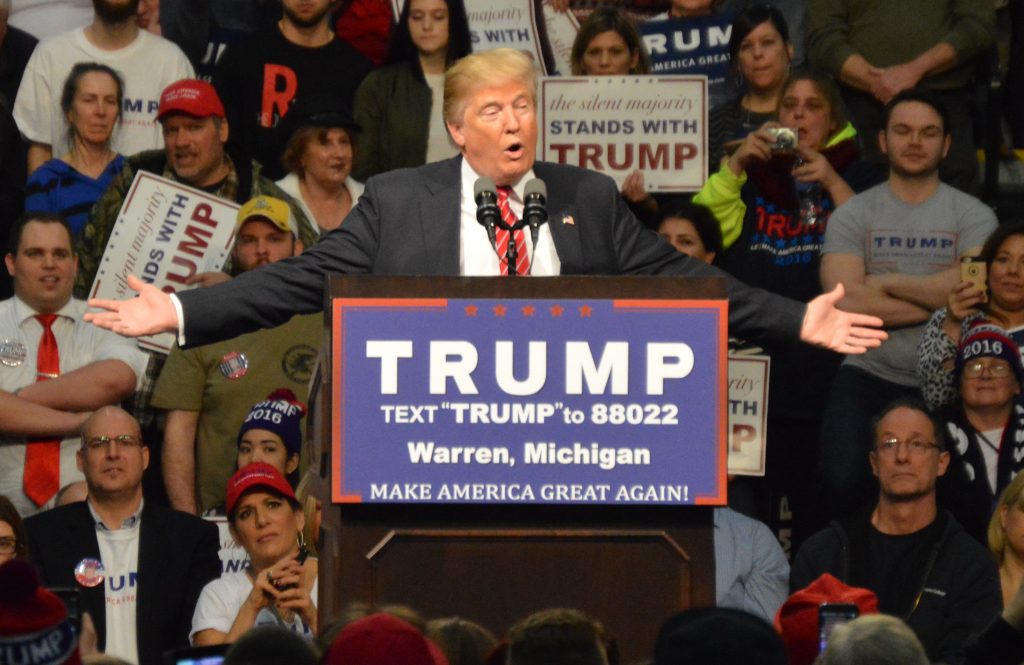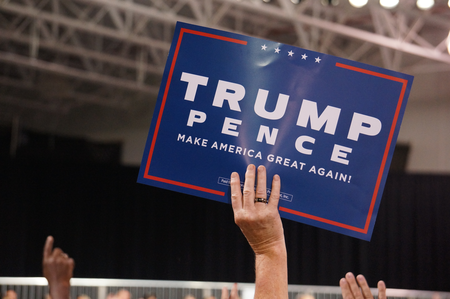What Do Tax Loopholes for the Uber-Wealthy Mean for the Economy?
Pulitzer Prize-winning journalist David Cay Johnston on Trump’s taxes and what they say about entire tax system.


Over the weekend the New York Times published tax records from Donald Trump. The 1995 filing showed Trump lost nearly a billion dollars in business, which would allow him to avoid paying federal income taxes for 18 years. Trump and his surrogates have said that use of the tax system doesn’t make him a bad guy. They say it makes him a genius.
One thing that’s certainly true is that Trump’s use of the system is perfectly legal. But what do tax loopholes for the uber-wealthy mean for our overall economy?
Trump has also in the past chastised the “half” of Americans who don’t pay income taxes as being detrimental to the national debt. But the vast majority of Americans who don’t pay federal income taxes are the very poor. How does this double-standard play out at the national level?
Pulitzer Prize-winning investigative journalist David Cay Johnston joins Detroit Today to talk about the issue. He’s covered tax issues extensively, and has written a new book titled The Making of Donald Trump.
“Keep in mind that when Donald Trump does these things, they may be legal, but somebody bears the real cost,” says Johnston. “And the real cost of this was borne by the banks and therefore the investors in those banks, by all the people who provided services to him who weren’t paid… and then by people who bought Trump Hotels and Casinos stock and lost everything while he got tens of millions of dollars.”
To hear the full conversation, click on the audio player above.
